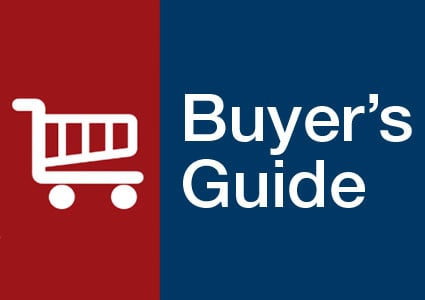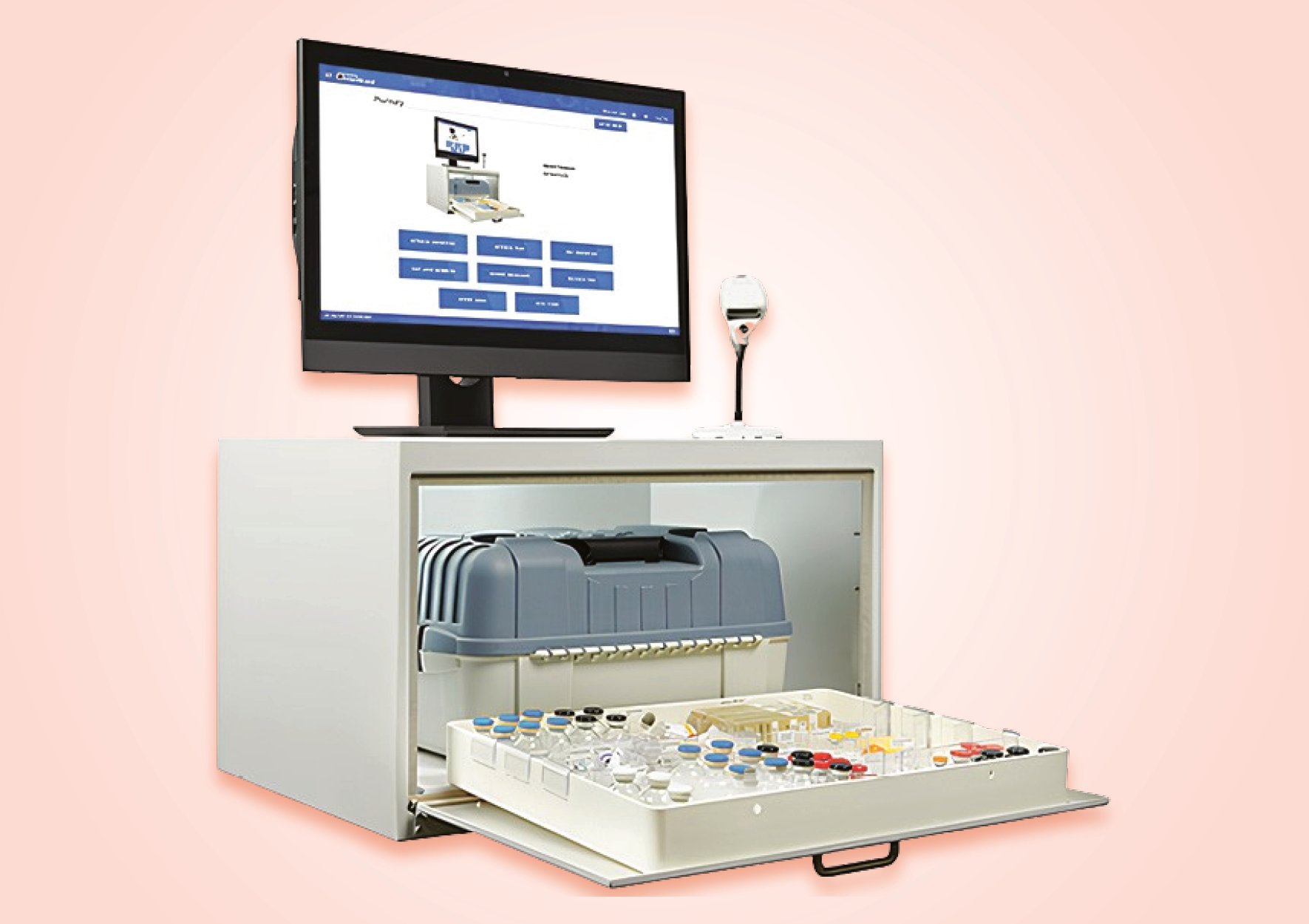- Show Menu
- Contact Us
- FAQs
- Reader Service
- Survey Data
- Survey Winners
- Testimonials
- Upcoming Events
- Webinars
- White Papers
What Is the Focus of Recent 340B Audits?
Since 2012, when HRSA began auditing 340B covered entities, 1059 audit results have been posted on the organization’s website. Of these audits, 830 (78.3%) were of hospitals. On average, HRSA conducts about 200 audits a year.1 Audits evaluate several areas of 340B program compliance, with a primary focus on the statutory prohibition against diversion and duplicate discounts.
Prohibition Against Diversion
The 340B law prohibits hospitals and other eligible entities from providing a 340B drug to an ineligible patient, as defined by HRSA guidelines and further clarified through enforcement actions; this is known as the prohibition against diversion. HRSA continues to closely evaluate whether the audited hospital has maintained responsibility for the care provided that led to the 340B prescription, including whether the prescription was written or a drug was administered in a 340B-eligible location (ie, reimbursable on the hospital’s most recently filed Medicare Cost Report).
Avoiding Duplicate Discounts
Audits are also closely evaluating hospital compliance to the prohibition against duplicate discounts, which protects pharmaceutical manufacturers from paying both a 340B discount and a Medicaid rebate on the same drug. If covered entities seek to use 340B drugs for Medicaid fee-for-service (FFS) patients, HRSA’s Office of Pharmacy Affairs (OPA) requires that the covered entity inform OPA of its decision and provide OPA with all billing numbers used to bill FFS Medicaid for 340B drugs, including numbers used to bill out-of-state Medicaid agencies for 340B drugs.
Recently, HRSA increased the number of Medicaid bills it collects from hospitals during the on-site audit to evaluate compliance with the duplicate discount prohibition. HRSA currently issues duplicate discount findings for FFS claims only. However, HRSA has now begun issuing areas for improvement to audited hospitals, related to the facility’s compliance with state rules for identifying 340B Medicaid managed care claims.
Other key areas auditors are focusing on include:
- Sufficient inventory management, including verifying that replenishment is based on the 11-digit NDC
- Accuracy of hospital information (eg, hospital address and contact information) in the OPA Information System2
- Hospitals with contract pharmacy arrangements must actively oversee these arrangements by conducting an annual independent audit or other regular oversight processes, including self-audits of 340B claims
- Hospital eligibility, as facilities must meet one of the following conditions to participate in 340B:
- Owned or operated by a state or local
government - A private, nonprofit hospital with a contract with a unit of state or local government
- A public corporation that is formally granted governmental powers by a unit of state or local government
- Hospitals must be able to document hospital eligibility and issue a copy of a contract upon request.
- Owned or operated by a state or local
Additional Concerns
Pharmacists should also be aware of several recent legal issues related to the 340B program.
Penalties for Pharmaceutical Manufacturers
Beginning January 1st, 2019, HRSA began implementing civil monetary penalties for pharmaceutical manufacturers that knowingly and intentionally overcharge a 340B covered entity for drugs purchased under 340B rules.3 These new penalties were enacted by Congress following a series of reports by the Office of the Inspector General for the US Department of Health & Human Services documenting overcharges by manufacturers.4 These penalties secure a welcome dose of transparency and accountability for the benefit of 340B hospitals, clinics, and health centers.
Website to Identify Drug Ceiling Prices
On April 1st, 2019, HRSA launched a secure website providing information on the ceiling price for all 340B covered drugs.5 With this new tool, 340B providers can confirm how much they should be charged for any drug; providers that believe they are being overcharged should contact HRSA.
Court Action Against CMS Medicare Reductions
Court action is underway regarding regulations implemented by the Centers for Medicare & Medicaid Services (CMS) that reduced the amount Medicare pays for drugs prescribed by many 340B hospitals by nearly 30%.6 These cuts took effect in 2018 and have continued into 2019. A federal lawsuit challenging the legality of these cuts was filed, and in December 2018, a federal judge ruled that CMS had overstepped its legal authority in making the 2018 cuts; recently, the judge also extended this ruling to the cuts made in 2019. The government has appealed those decisions. In the meantime, the judge has directed CMS to develop a plan to resolve the payment cuts in both 2018 and 2019 by August 2019; hospitals have asked the court to move up the deadline to June 2019.
Conclusion
Because compliance with 340B statutes is vital to continued enrollment in the program, keeping abreast of recent 340B concerns and legal actions is critical. Participants should regularly review the following websites to remain up-to-date on this continually changing program:
References
- US Health Resources & Services Administration (HRSA). 340B Drug Pricing Program. Program Integrity: FY19 Audit Results. www.hrsa.gov/opa/program-integrity/index.html. Accessed May 28, 2019.
- HRSA 340B Office of Pharmacy Affairs (OPA) Information System (IS). www.hrsa.gov/opa/340b-opais/index.html. Accessed May 28, 2019.
- Apexus 340B Prime Vendor Program. 340B Regulatory Changes: Impact and Best Practices for Manufacturers (May 7, 2019). https://www.340bpvp.com/publications/340b-cmp-regulatory-changes. Accessed May 28, 2019.
- 340B Health. Statement by 340B Health President and CEO Maureen Testoni on New Drug Pricing Website. www.340bhealth.org/newsroom/statement-by-340b-health-president-and-ceo-maureen-testoni-on-new-drug-pricing-website. Accessed May 28, 2019.
- HRSA OPA 340B OPAIS. https://340bopais.hrsa.gov.
Accessed May 28, 2019. - 340B Informed. CMS Finalizes Nearly 30 Percent Cut
in Medicare Part B Payments to 340B Hospitals.
https://340binformed.org/2017/11/cms-finalizes-nearly-30-percent-cut-in-medicare-part-b-drug-payments-to-340b-hospitals. Accessed May 28, 2019.
 Maureen Testoni, JD, is the president and chief executive officer for 340B Health, a nonprofit organization of more than 1300 hospitals and health systems participating in the federal 340B drug pricing program.
Maureen Testoni, JD, is the president and chief executive officer for 340B Health, a nonprofit organization of more than 1300 hospitals and health systems participating in the federal 340B drug pricing program.
Like what you've read? Please log in or create a free account to enjoy more of what www.pppmag.com has to offer.








